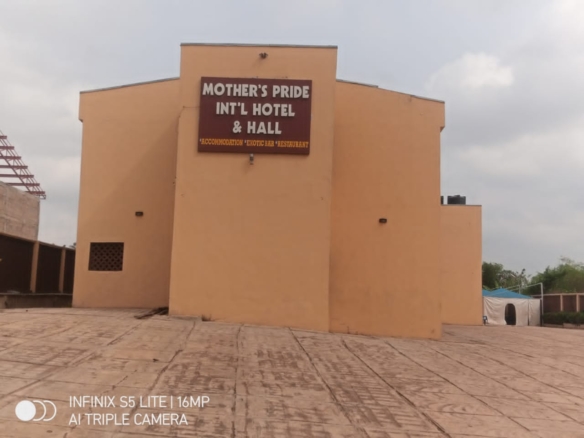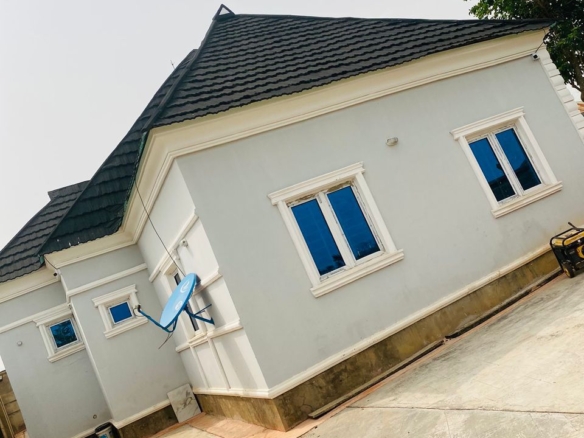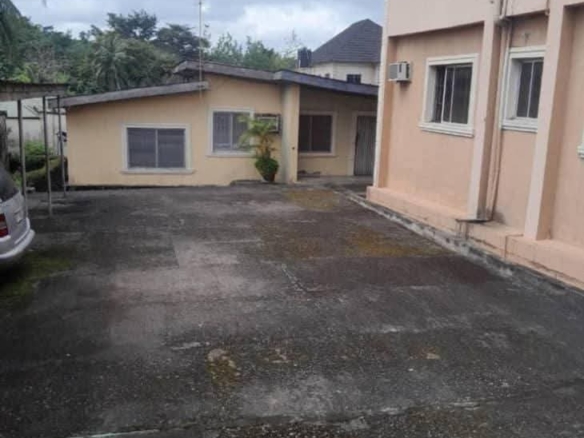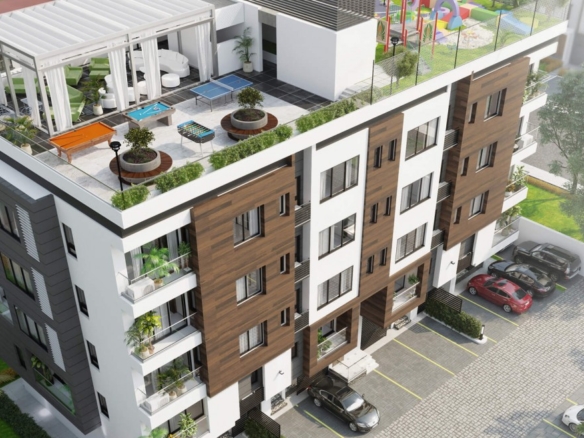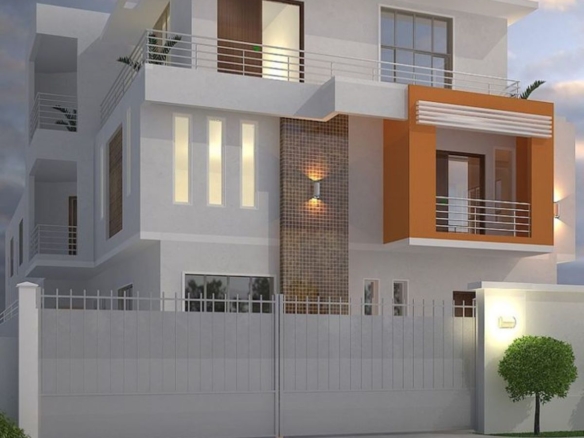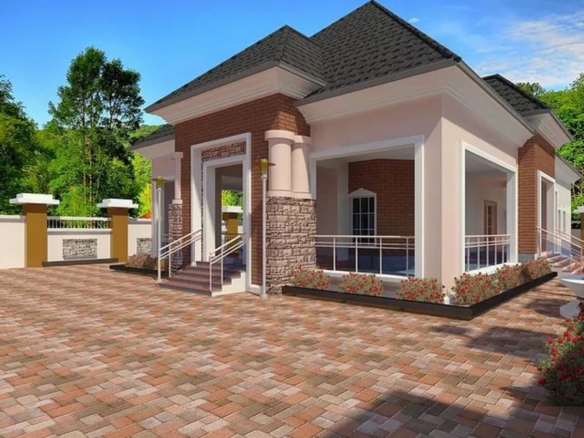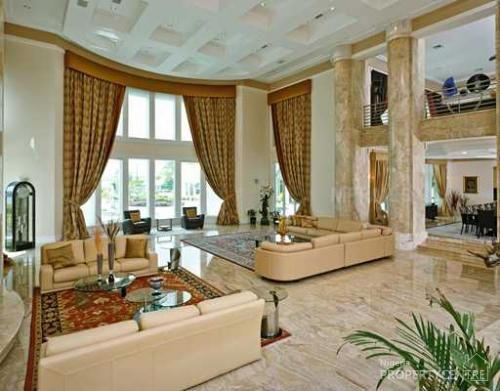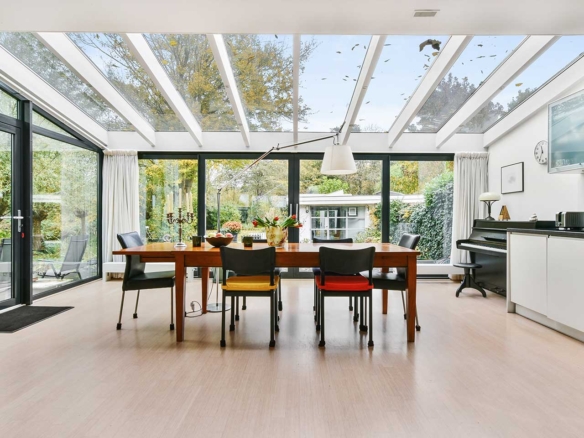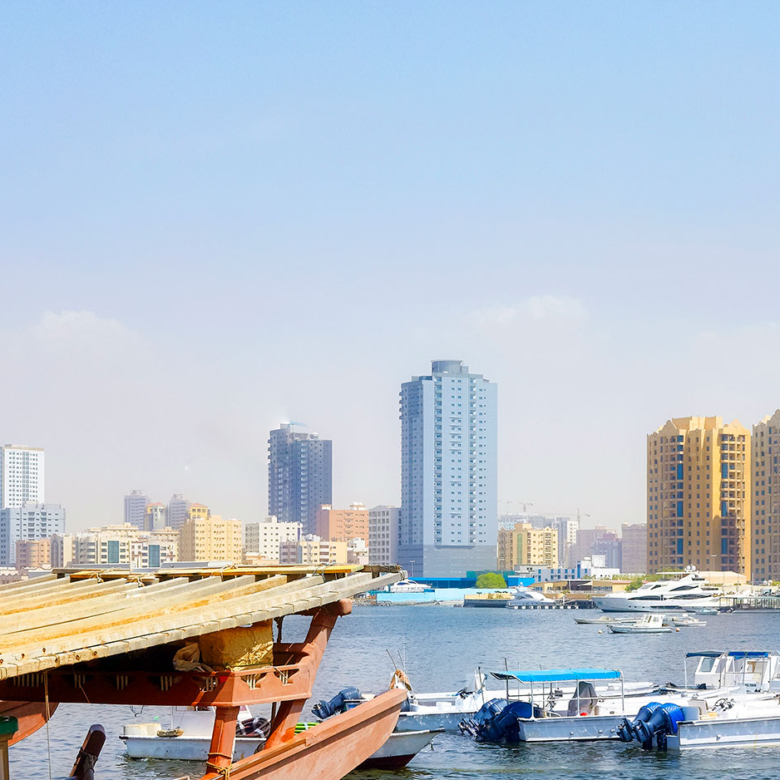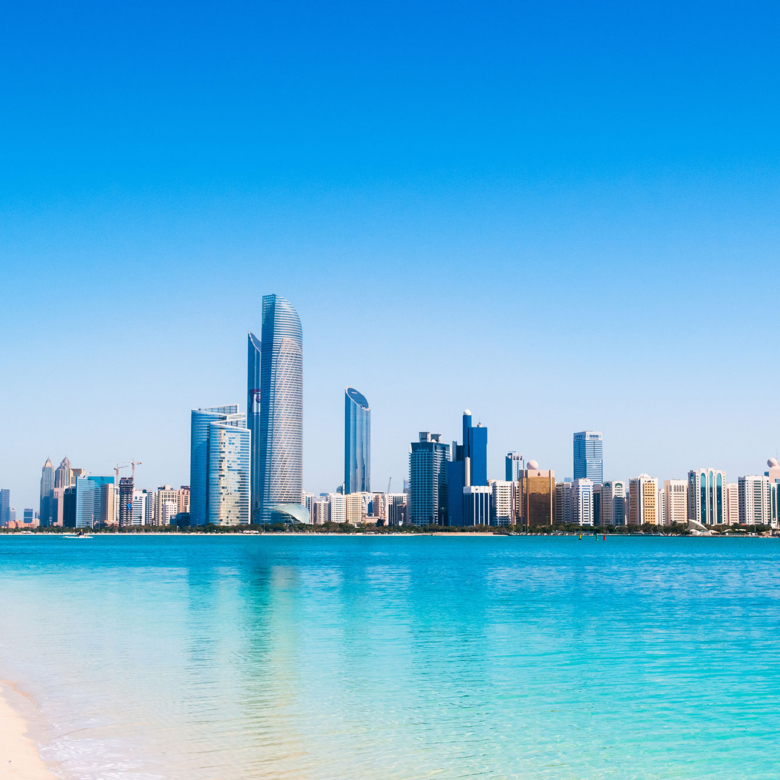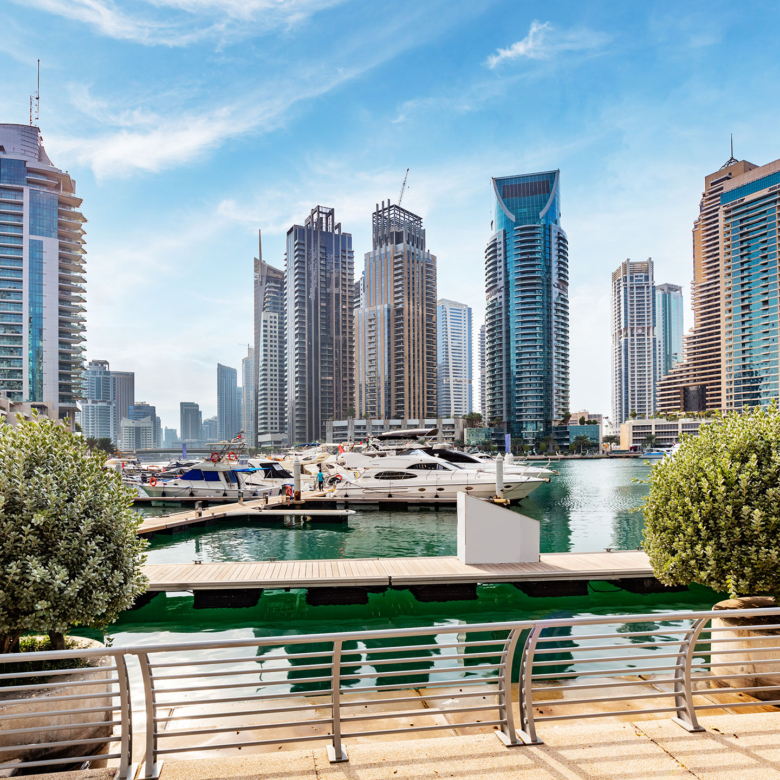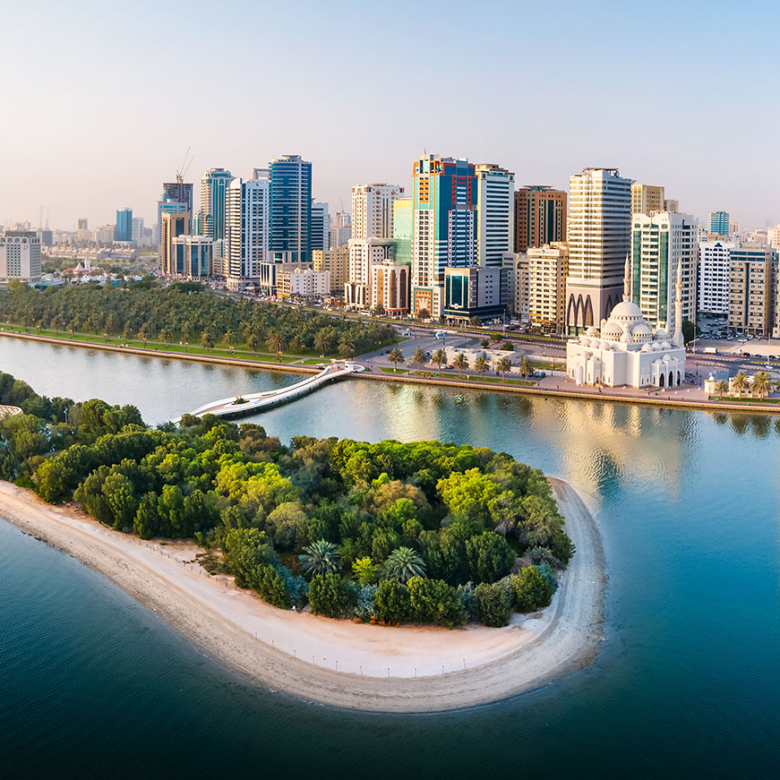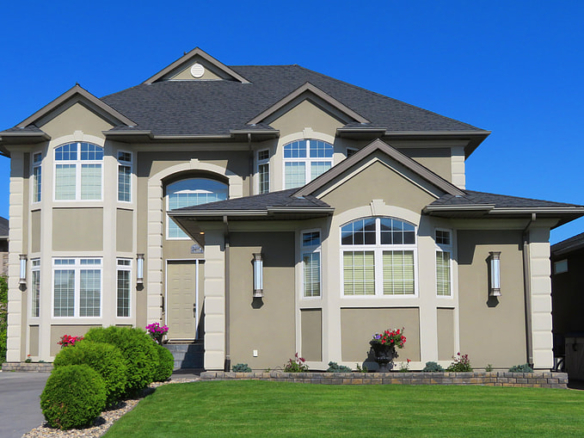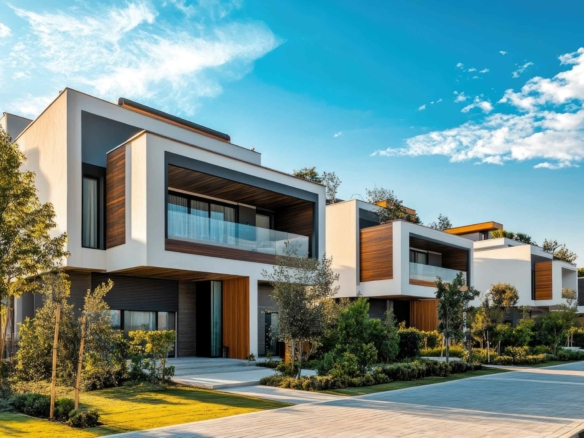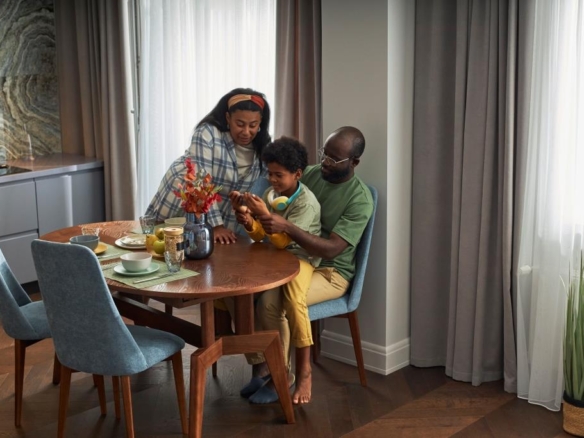- Home
- Landed Properties in Nigeria
Landed Properties in Nigeria
No listing found.
C of O, Registered survey, deed of assignment
Ibadan, Nigeria- Beds: 32
- Baths: 32
- Garages: 20
- 3307.475 sqm
- Commercial
Contemporary 5 Bedroom Home, Lekki Phase one, Lagos
Osun State, Nigeria- Beds: 2
- Bath: 1
- Garage: 1
- 2890 Sq Ft
- Apartment
No listing found.
No card. No commission. Limited launch access.
Find Agency
Featured
- Ibadan
- 3 Properties
- Lagos State
- 16 Properties
- Ogun State
- 4 Properties
- Ondo State
- 12 Properties
- Osun State
- 13 Properties
- Oyo State
- 12 Properties
Landed Properties for Sale in Nigeria
Nigeria’s real estate market continues to grow rapidly, with landed properties being one of the most sought-after investment options. Whether you are looking to build your dream home, start a commercial project, or invest for future returns, purchasing a landed property in Nigeria offers flexibility, security, and long-term value.
From sprawling plots in Lagos to serene estates in Abuja, Nigeria’s diverse regions provide opportunities for investors, developers, and homeowners alike.
Why Invest in Landed Properties in Nigeria?
Investing in landed property in Nigeria has several advantages:
Long-Term Appreciation: Land in prime locations often increases in value over time, making it a solid investment.
Flexibility: Buyers can develop the land for residential, commercial, or mixed-use purposes.
Tangible Asset: Unlike stocks or bonds, land is a physical asset with intrinsic value.
Estate Planning: Land can be passed down to future generations as a secure investment.
High Demand: Urbanization and population growth have driven demand for housing, commercial developments, and agricultural land.
Popular Cities for Landed Properties
Lagos: The Commercial Capital
Lagos remains the most sought-after city for landed properties, thanks to its booming economy, business opportunities, and vibrant lifestyle. Investors often target areas with high growth potential.
Key areas for landed properties in Lagos:
Lekki Phase 1 & 2 – Ideal for residential estates and gated communities
Ajah – Fast-growing suburban developments
Ikoyi & Victoria Island – Premium plots for luxury homes and corporate offices
Ikeja & Surulere – Affordable options for families and developers
Average plot sizes and prices in Lagos:
300–600 sqm residential plots: ₦20 million – ₦100 million
1,000–5,000 sqm commercial plots: ₦50 million – ₦300 million
Agricultural or industrial land: ₦5 million – ₦50 million per hectare
Abuja: Planned and Premium Estates
As Nigeria’s capital, Abuja offers planned communities, well-designed infrastructure, and high security, making it a top choice for landed property investments.
Popular neighborhoods for land in Abuja:
Maitama & Asokoro – Luxury estates and diplomatic areas
Gwarinpa & Wuse – Mixed-use developments and residential plots
Jabi & Apo – Strategic locations for commercial and industrial development
Typical plot sizes and pricing:
500–1,000 sqm residential plots: ₦25 million – ₦80 million
1,000–5,000 sqm commercial plots: ₦50 million – ₦250 million
Large-scale estates and development land: ₦100 million – ₦500 million
Port Harcourt: Industrial and Residential Growth
Port Harcourt is a strategic hub for Nigeria’s oil and gas industry and offers excellent opportunities for landed property investment.
Areas to consider:
GRA Phase 2 – Premium residential plots
Trans-Amadi – Industrial and commercial land
Rumuola & Elelenwo – Affordable residential and mixed-use plots
Plot sizes and price range:
400–800 sqm residential plots: ₦10 million – ₦60 million
Commercial/industrial plots: ₦20 million – ₦150 million
Tips for Buying Land in Nigeria
Verify Ownership: Ensure the land has a clear title and is free from disputes.
Check Government Approvals: Confirm that the land is properly surveyed and approved for your intended use.
Consider Location: Accessibility, amenities, and future development plans significantly affect property value.
Engage Professionals: Work with real estate agents, lawyers, and surveyors to ensure a smooth transaction.
Plan for Development: Consider zoning regulations, land size, and intended construction plans.
Conclusion
Landed properties in Nigeria provide an excellent opportunity for personal use, development, or investment. From premium estates in Lagos and Abuja to industrial and affordable plots in Port Harcourt, there’s a diverse range of options to suit every budget and purpose.
Explore our listings of landed properties for sale in Nigeria today and find the perfect plot to secure your future or realize your development dreams.
